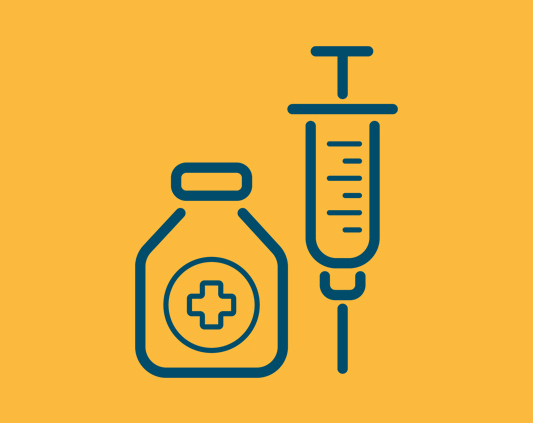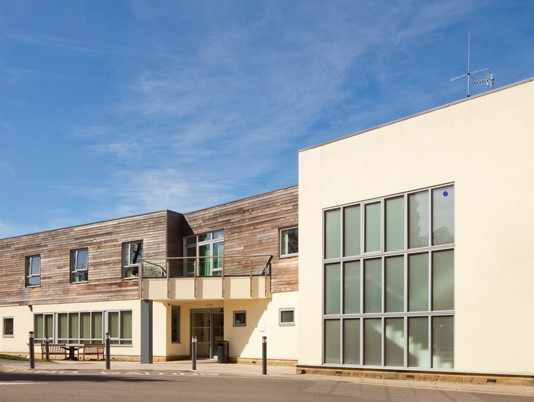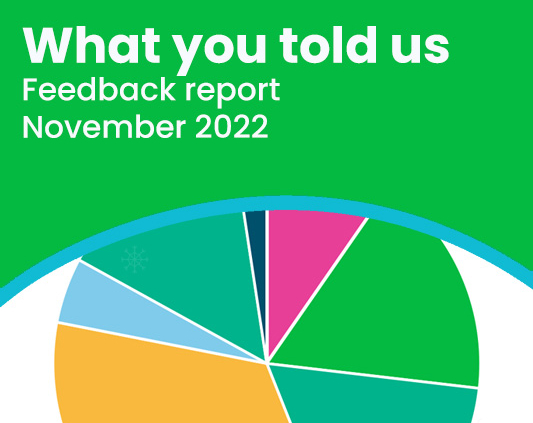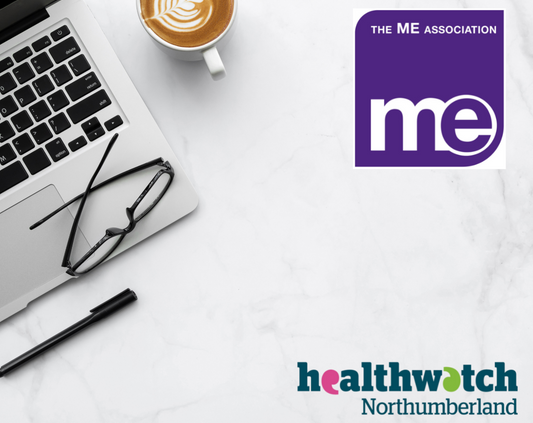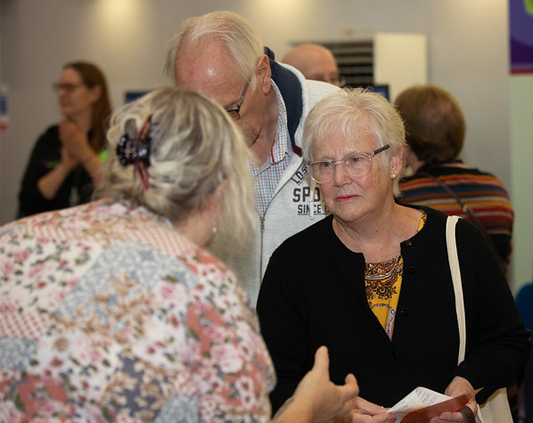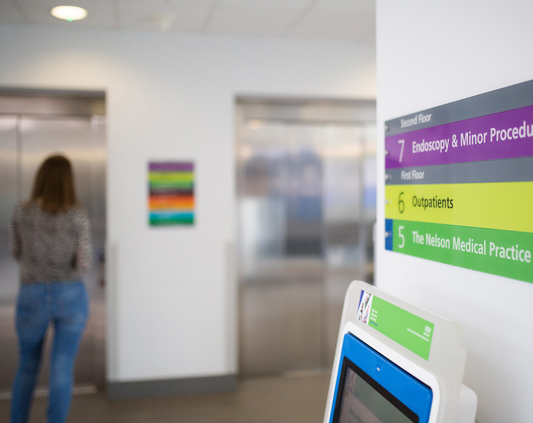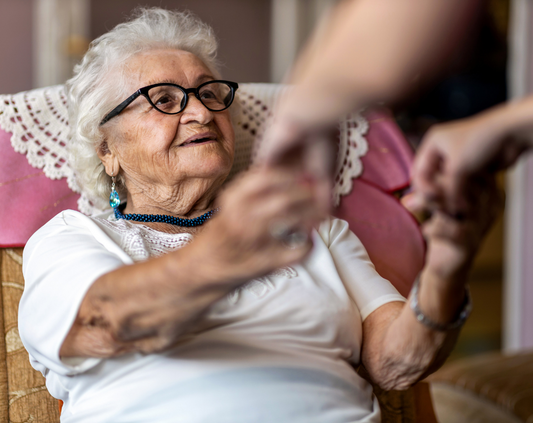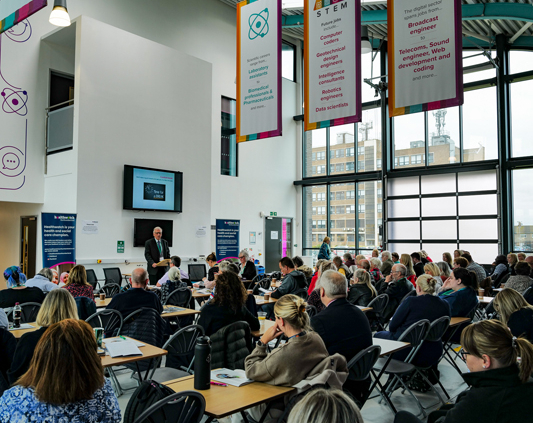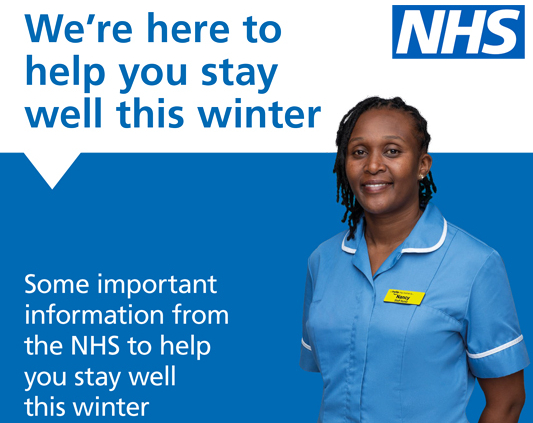NHS England has published the following information regarding the upcoming strikes
Regardless of any strike action taking place, it is really important that patients who need urgent medical care continue to come forward as normal, especially in emergency and life-threatening cases – when someone is seriously ill or injured, or their life is at risk.
If we have not contacted you, please attend your appointment as planned. The NHS will contact you if your appointment needs to be rescheduled due to strike action.
GP services are not impacted by this strike action. Please continue to attend your GP appointments, unless you are contacted and told otherwise.
On days where there is strike action, patients should only call 999 if it is a medical or mental health emergency (when someone is seriously ill or injured and their life is at risk).
Ambulances will still be able to respond in these situations, but this may only be where there is an immediate risk to life.
Where the situation is not life-threatening, alternative support will be available through NHS 111 online or through the NHS 111 helpline, and where possible, it is advised that you arrange alternative transport.
The NHS.UK website has more information on when to call 999 and when to go to A&E.
Frequently asked questions
What is happening?
Trade unions representing NHS staff are in dispute with the Government over the 2022/23 pay award. A number of the unions have balloted their NHS members to take part in industrial action. As a result members of the Royal College of Nursing (RCN) are striking on the 15 and 20 December 2022, and members of the GMB, Unite and Unison (ambulance staff) are striking on 21 December 2022 and members of GMB (ambulance staff) are striking on the 28 December 2022.
The NHS wants to see a resolution as soon as possible, but pay is a matter for the Government and the trade unions.
What if I need urgent or emergency care?
Anyone who needs urgent care should use NHS111 online or call NHS 111 to be assessed and directed to the right care for them. When someone is seriously ill or injured and their life is at risk, you should seek emergency care in the normal way, by calling 999 or attending A&E.
What do strikes mean for NHS services in my area?
Not every hospital and ambulance service will be affected by strike action. You can check which Trusts are affected on the NHS England website.
What if I have an appointment on a strike day?
Everyone who has an appointment should attend as planned, unless your local NHS provider has contacted you to reschedule. If we have not contacted you, please attend your appointment even if your Trust is affected by strikes.
Will emergency care be affected on strike days?
Emergency care will continue to be available across all parts of the country. It is really important that in emergency and life-threatening cases – when someone is seriously ill or their life is at risk patients continue to come forward as normal.
Will GP services be affected on strike days?
GP services will be running as normal on strike days. Please continue to attend scheduled GP appointments.
When will I find out if my appointment is rescheduled?
The NHS will contact you if your appointment needs to be rescheduled due to strike action. This is likely to be a letter or phone call, and you should be offered an alternative date for your appointment. If we have not contacted you, please attend your appointment as planned.
Is there anything I should do now?
No, the NHS will contact you if your appointment needs to be rescheduled due to strike action.
Should I cancel my appointment on the day of strikes?
No, if we have not contacted you, please attend your appointment as planned.
What should I do if I need an ambulance?
On strike days, patients should only call 999 if seriously ill or injured, and there is risk to life. Ambulances will be dispatched where clinically appropriate.
For all other health care needs support will be available through NHS 111 online, via the NHS 111 helpline or at your local GP or pharmacy.
The NHS.UK website has more information on when to call 999 and when to go to A&E.
What is considered an emergency?
Patients should only call 999 if seriously ill or injured, or there is risk to life. Ambulances will be dispatched where clinically appropriate.
How long will services be impacted?
The nurses strikes on 15 and 20 December 2022 will last for 12 hours and the ambulance strikes on 21 and 28 December 2022 will last for 24 hours. However patients should be aware that it may take slightly longer for services to return to normal.

